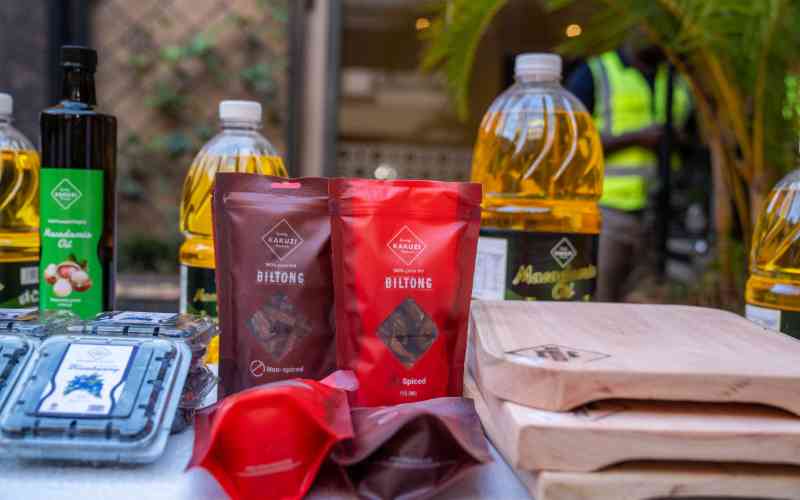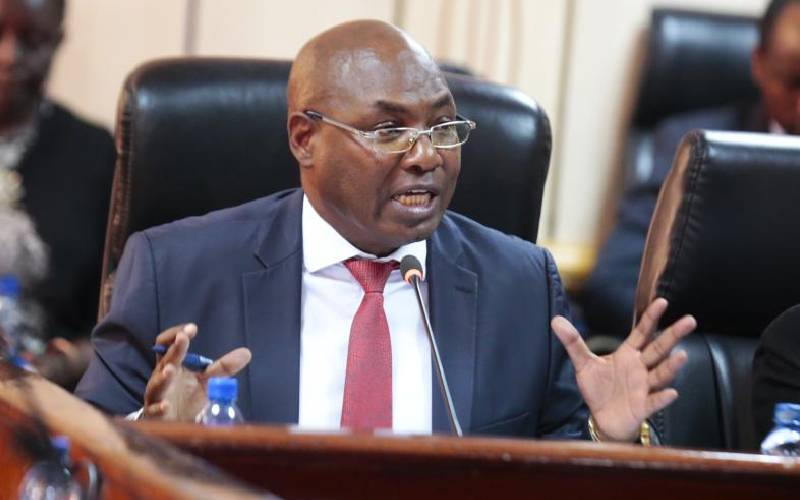×
The Standard e-Paper
Stay Informed, Even Offline

A rise in demand for certified maize seed in the current planting season has prompted Kenya Seed Company (KSC) to adopt new measures meant to increase seed production.
KSC, the leading seed producer and supplier in Kenya and Eastern Africa region has embarked on expanding its activities to ensure adequate and quality input in the coming seasons.






